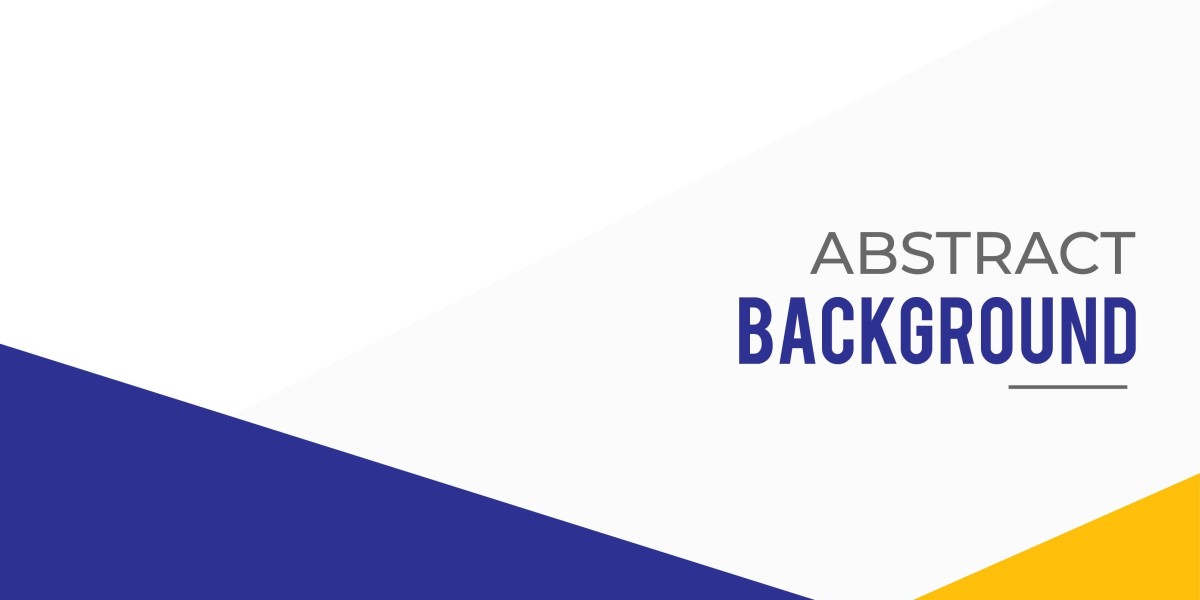This encourages students to seek relevant information beyond the assigned readings and lectures and conduct independent research by identifying credible sources to support the development of their assignments. As AI continues to develop, it’s possible that future versions of platforms like Packback may incorporate AI detection features. It’s always a good practice for educators and students to stay updated on the capabilities of these platforms. Many schools and universities have implemented plagiarism tools that now claim to detect AI content in students’ work.
While techniques based on writing style provide some detection capabilities, advanced AI systems continue to improve at mimicking human work. As generative AI proliferates, strengthened detection practices will be imperative for maintaining academic integrity. Institutions and tool providers like Blackboard face pressing needs to update plagiarism checkers with enhanced artificial intelligence techniques tailored to exposing AI-generated content. With the emergence of artificial intelligence (AI) chatbots, like ChatGPT, potential risks related to cheating and plagiarism have increased. This study aims to investigate the authenticity capabilities of ChatGPT models 3.5 and 4 in generating novel, coherent, and accurate responses that evade detection by text-matching software.
It also includes a repository of previously submitted student papers, fostering a robust and comprehensive system for plagiarism detection. When it comes to detecting ChatGPT-generated content, some online AI detectors might also struggle. The complex nature of how these deep learning algorithms produce text can make it challenging for traditional plagiarism detection software to recognize and flag such content accurately. Some educators say that AI poses a potential threat to our education system, and praise the rise of AI and plagiarism detection tools to preserve originality. AI detection tools and the platform’s built-in features, like lockdown browsers and plagiarism checkers, can help prevent cheating to a certain extent by detecting unusual patterns or similarities with known sources.
Overall, it struggles to provide thorough plagiarism detection, especially in more complex cases. The point in the MLA’s paper about the unreliability of AI-detection tools is also well taken. My own experiment with text spinners and AI detectors demonstrates that students can use AI to effectively disguise much AI writing in numerous ways. But even so—and of greater concern—the fact is that an accusation based on a false positive can irrevocably damage trust between an instructor and student.
Any of these will help minimize students’ over-reliance on generative AI, or provide structure for them to use generative AI reflectively and not just as a crutch. Being receptive to and growing from feedback is a part of having a growth mindset; one way to encourage this – and to make sure that feedback is being utilized – is to incorporate rewrites. Not every assignment needs to be revised but doing so (and perhaps combining it with a reflection) can encourage students to develop their ideas and writing.
Further, ChatGPT tends to produce arguments that sound plausible but are actually factually inaccurate or utter nonsense. It confidently tells users entirely false "facts," like "former Apple CEO John Sculley was responsible for the iPod" — a product released almost a decade after he left the company. ChatGPT may cause those who do not detect this error to accept and eventually spread inaccurate information to others.




